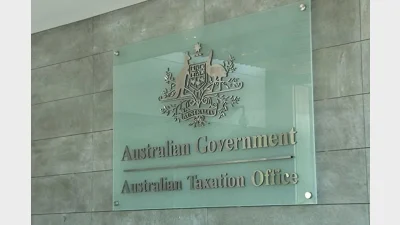(February-2003) Committee cold on front-end taxes
The Senate Select Committee on Superannuation says it favours a gradual move away from front-end taxes on super in favour of end benefit taxes.
In its report on “Superannuation and standards of living in retirement”, it notes that while some of its members are attracted to the idea of providing front-end rebates on individual contributions, most of the committee prefers phasing out the contributions tax in the long term.
The committee says factors that inhibit the effectiveness of current super contributions in delivering adequate retirement incomes include the impact of front-end taxes, fees and charges and rising household debt.
The committee believes that retirement savings could be bolstered by introducing more incentives for voluntary contributions, widening access to superannuation as a savings vehicle by removing the work test for making voluntary contributions and lowering front-end taxes in the long-term.
It notes, however, that the current tax arrangements applying to super are not delivering equity to all Australians because of flat rate contributions and earnings taxes, and end benefit taxes that encourage lump sums.
It suggests that lump sum benefit taxes be adjusted in order to provide for equity through the progressive tax system and to replace revenue lost through any reduction in front-end taxes.
Noting that the best way to achieve equity in the super system is through a ‘whole of life’ approach to tax con-cessions, the committee recommends that, together with industry, the Government undertake a review of the appropriate benchmark for determining and measuring the impact of super tax concessions.
It also suggests that a surcharge cap of the maximum rate of surcharge (currently 15 per cent) be implemented for members of private sector defined benefit funds and that the burden of administering the surcharge be transferred from super funds to the Australian Taxation Office.
Another of its many recommendations is that the Government consider proposals that allow the super system to be used to help meet Australia’s health and dental care costs, which are expected to soar over the next four decades.
It also believes that the Government should announce a clear statement of objectives for Australia’s retirement incomes system, including target retirement incomes for representative groups. It notes that the absence of targets makes it harder for people to plan for retirement and maintain realistic expectations.
Once objectives or goals have been established, Treasury should convene a panel of key stakeholders to identify, and where possible, recommend, common modelling assumptions and techniques for projecting retirement incomes.
Recommended for you
The responsible investment body is warning that a one-size-fits-all ESG framework mirroring those in the UK and the EU could do more harm than good.
Australian super funds are monitoring the US closely as President Donald Trump increasingly intervenes in corporate policy, moves that are reverberating through global markets and prompting reassessments of portfolio risk.
Industry fund HESTA has filed an appeal against an ATO decision on tax offsets from franking credits, with the Australian Retirement Trust set to file a similar claim soon.
The latest superannuation performance test results have shown improvements, but four in 10 trustee-directed products continue to exhibit “significant investment underperformance”, warns APRA.











